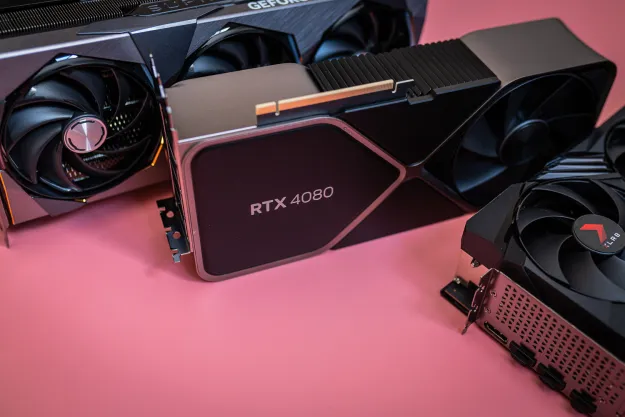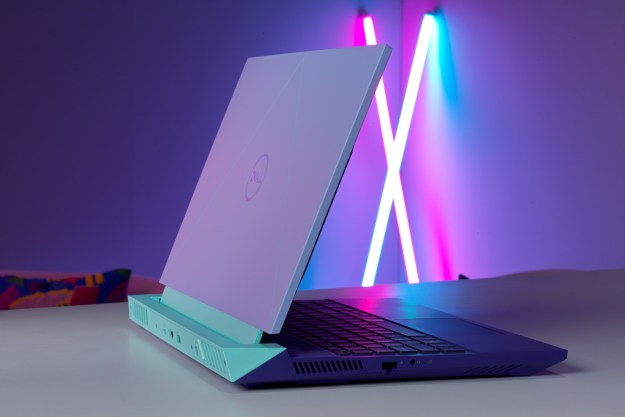Chances are that you’ve encountered the frustrating experience where a website won’t allow you to hit the back button and exit the site. Enraged by your inability to escape, you begin mashing the back button on your browser, only to find that you are a car spinning its tires in the mud. This tactic by websites to keep you in place, and also generate money via hidden advertisements, will soon be under control in Google Chrome thanks to a new update that will handle the issue known as history manipulation.
Websites employ the practice in an attempt to insert dubious advertisements into your tab history — every time you hit the back button, an advertisement loads, generating views for the website, but you can’t seem to escape the page. Does this sound familiar? This abuse of trust makes it difficult for users to browse the web in peace, and now Google says it will begin silently flagging pages that use such practices.
When you encounter the issue in the future with Google’s Chrome web browser, your experience with the website will be flagged, and metrics about the encounter will be sent to Google for analysis and review. Once Google can identify pages that abuse your tab history, Chrome will be able to bypass the false entries entirely when you are browsing the web. This is another step forward in Google’s attempt to block malicious web -browsing experiences.
According to Google’s source code for Chromium, any pages suspected of tab manipulation will be tagged with a flag — #enable-skip-redirecting-entries-on-back-forward-ui. When you hit the back button in Chrome, the browser will take note of these flags and opt to skip them when backward or forward navigation buttons are pushed.
It will take a bit of time before the new function hits your desktop or mobile version of Chrome. If you must jump on the latest feature as soon as possible, you can download beta versions of Chrome, such as the canary build, which features experimental features. Otherwise, we recommend waiting until the feature hits the mainstream version of Chrome as beta builds can sometimes be unstable in daily use.
Editors' Recommendations
- 5 web browsers you should use instead of Google Chrome or Edge
- Whatever you do, don’t buy an Nvidia GPU right now
- Don’t buy the Surface Laptop Go 3 — here’s what you should get instead
- This Google Chrome feature may save you from malware
- You don’t have to use Bing – Google Search has AI now, too


